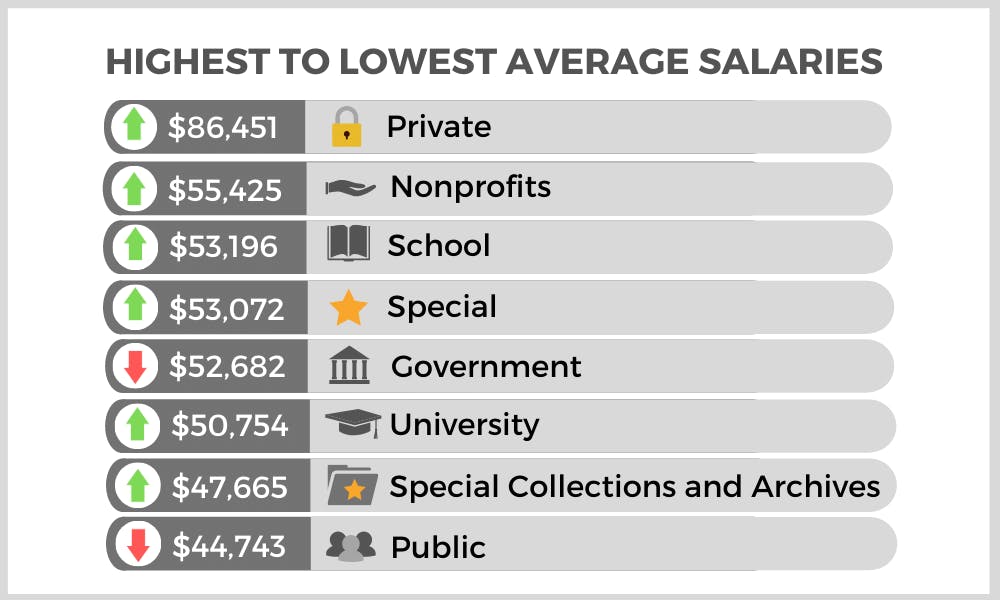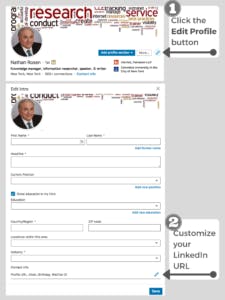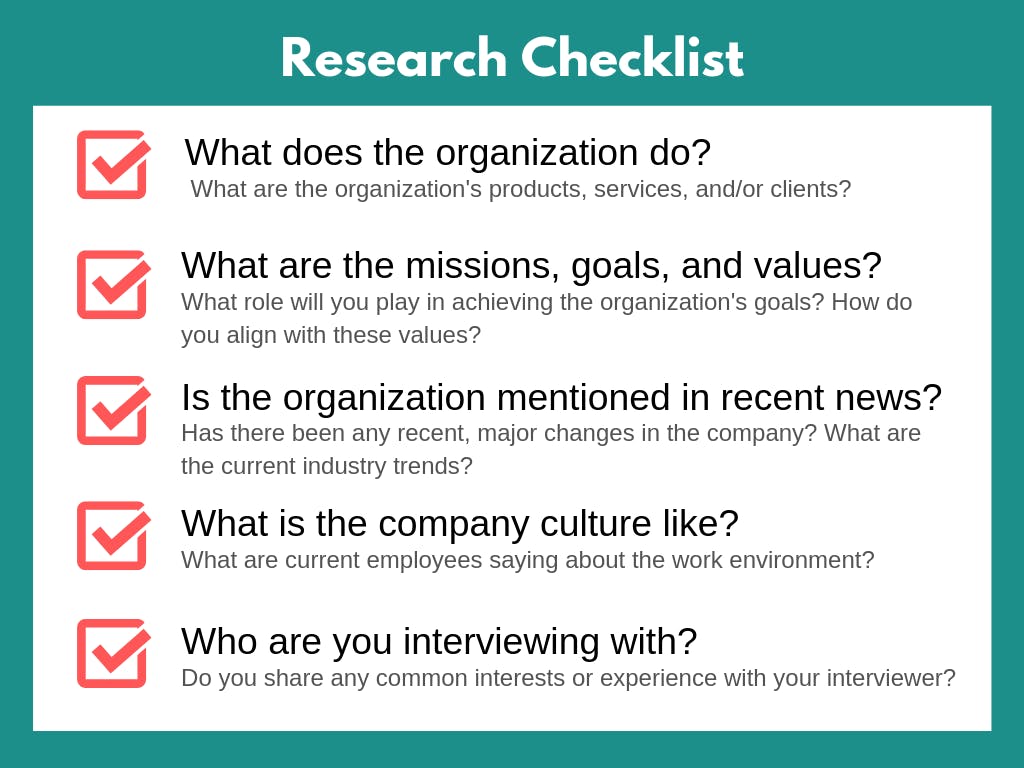
The new year and new beginnings go hand-in-hand, and many of us include “get a new job” as a new year’s resolution.
If that’s part of your career plan for 2020 (or if you’re assessing whether it should be), here’s advice on some of the most important considerations and actions you can start taking now in preparation, especially if it’s been a while since you’ve conducted a job search.
Compensation and job outlook
We start at the top with pay and outlook, often the drivers for many job changes. Can you earn more money or find more attractive benefits to keep more of the money you earn? Do you know your worth and how to use that information in compensation negotiations?
For pay and job prospects, we have a variety of surveys and sources for data benchmarking.
This article includes links for checking salary information from a variety of resources: Career One Stop (sponsored by the U.S. Department of Labor), LinkedIn Salary, Simply Hired and the Librarians page in the Occupational Outlook Handbook, published by the Bureau of Labor Statistics.
The Library Journal conducts an annual librarian job survey, available to subscribers. We’ve summarized findings for you from the 2019 LIS Pipeline, Placements & Salaries report.
Remember to include the unique variables for each job seeker, like the dynamics of the local job market and your experience, when assessing your salary potential.
New and different work
One of LAC Group’s research analysts shares her views on how to get ahead and stay ahead in a future-oriented industry of research and intelligence.
“The industry is evolving to become more future-oriented. Long-term strategies for creating sustainable business value are becoming increasingly important, particularly as stakeholders put pressure on corporations to be more environmentally conscious—and having the right research is critical to supporting that. The challenge for us, as researchers, is to not only keep up to pace on what’s going on in the industry in the present but to understand broadly where industries are headed.”
Building your personal, professional brand
Whether you end up making a career move or not, the concept of “personal branding” is worth your time and attention. Building a strong personal brand will increase your chances of a recruiter or employer discovering you and seeking you out as a possible candidate. It also confirms your capabilities and commitment to the library/information management profession.
Most personal branding efforts start online, and you can start yours by Googling your name and seeing what comes up. Take time to complete and refresh your LinkedIn profile. Seek out and add some new recommendations and endorsements. Find new, relevant connections.
Networks like Twitter, Instagram and Facebook can also be used for professional networking and you should update the privacy settings to separate purely personal activity. You may even want to set up a personalized website or portfolio to showcase your goals, capabilities and accomplishments.
Finally, be careful not to cross the line between building a personal brand and oversharing. You don’t want a recruiter or employer questioning your maturity, values or judgment. The way you present yourself in your personal life could make the difference in either direction—moving forward or being eliminated as a candidate.
Updating your resume
The best resume comes in different flavors, not to misrepresent your background and experience, but tweaked as needed to ensure that an employer or recruiter can easily find what they’re looking for to fill a particular position. The cover letter can also accomplish this, but it may get separated from the resume.
To make the most of your resume, see these tips on how to format it for success.
Interview skills
Not to make a stressful thing even more stressful, but know that interview performance is hugely important. An interview has lots of moving parts: appearance and demeanor, personal skills and engaging the interviewer, answering questions with both substance and style.
The most important advice we have is to practice. Take interviews just for that purpose, even if the position doesn’t really interest you. You may end up rethinking the position, and you’ll gain interview practice in the meantime. Recruit a trusted peer or friend to practice online interviewing on Skype, Google Hangouts or over the phone.
Finally, be well-prepared, especially as librarians and other information professionals. Learn as much as you can about the position and the organization. Thoroughly research the employer before the interview and consider how you may respond to potential questions while referencing your past experiences.
Relocating for a job
The best job for you may be well outside your area code, far enough to make daily commuting impossible. Recruiters that focus on executive-level positions say that a willingness to relocate is an important factor. Relocation is a very personal choice, but it’s worth consideration. The advice on relocating for a job in this article can help you get clear based on your needs and priorities.
Working with recruiters
We end with advice from LibGig Recruiting Director Brad Rogers on how to work with recruiters. The most important thing to remember is that a recruiter is like a real estate agent—they represent the seller (the employer), not the buyer (you as a candidate). The recruiter’s job is to find and present the best candidate in the best possible light for their hiring client. Help them do that and they will be more willing to help you in return!
We wish you well in your job search and invite you to begin on our own job board.


